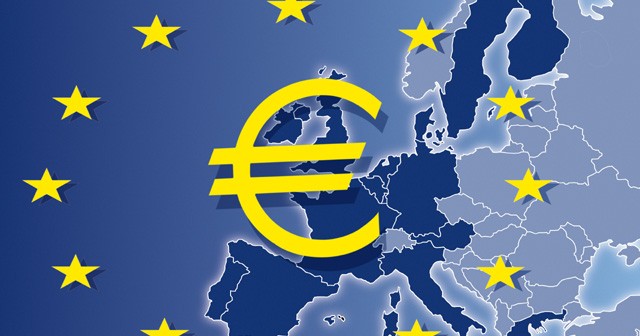
 30 November، 2021
30 November، 2021
 ابحاث السوق
ابحاث السوق
 Views
: 856
Views
: 856

Estimates by Eurostat or the Statistical Office of the European Union just before showed that annual inflation in the euro area rose to 4.9% in November in the preliminary reading, compared to 4.1% in the October reading, exceeding expectations that indicated a growth of about 4.5%.
The largest contribution to inflation in November came from the energy sector, which rose at an annual pace estimated at 27.4% from 23.7% in October, while the services sector rose by 2.7% and the food, alcohol and tobacco index rose by 2.2%.
The core index, excluding food and energy prices, rose by 2.6% in November, compared to the revised October reading of 2%, while expectations had been for an increase of 2.3%.
The data showed a rise in inflation in the largest economy in the euro zone (the German economy) yesterday, Monday, by 6% in November on an annual basis, recording its highest level in thirty years.
These rises will put pressure on the European Central Bank when it meets next week, especially since Christine Lagarde, President of the European Central Bank, has confirmed more than once that inflation is rising temporarily and will decline with time. Will Lagarde change her opinion regarding inflation and start taking measures to stop it?
The Euro is trading at 1.1353 levels, taking advantage of this data and the US dollar’s declines, up more than 60 pips today.